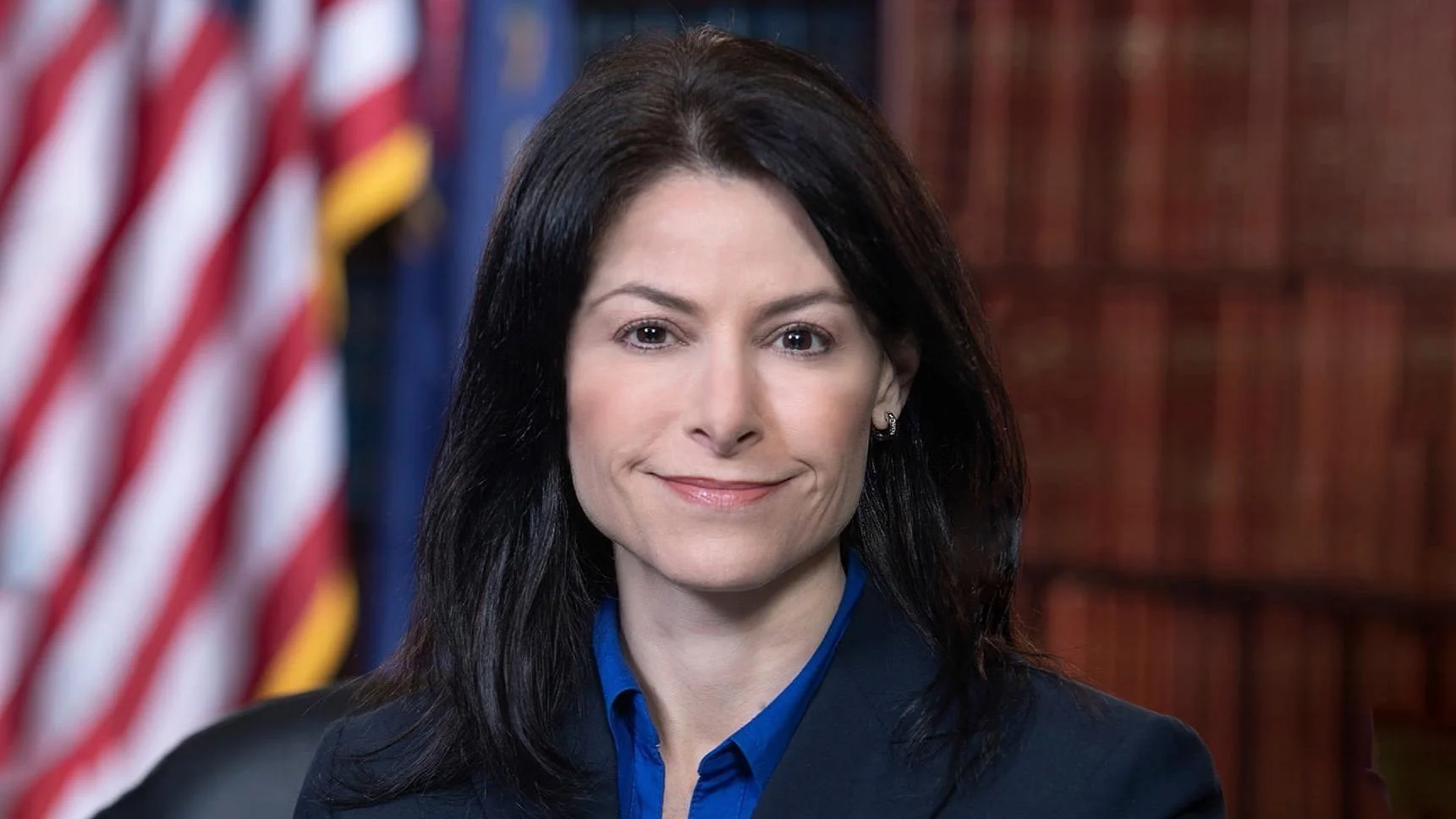Dana Nessel, Attorney General of Michigan | www.facebook.com
Dana Nessel, Attorney General of Michigan | www.facebook.com
Michigan Attorney General Dana Nessel has joined a coalition of 18 other state attorneys general and New York City in urging the Federal Communications Commission (FCC) to publish a rule that would expand language access for government emergency alerts. The rule, which was unanimously adopted by the FCC in January 2025, would add 13 additional languages and American Sign Language (ASL) to wireless emergency alerts sent to mobile devices.
In a letter addressed to the FCC, Nessel and her counterparts warned that they are prepared to pursue legal action if the rule is not submitted for publication within 30 days.
“Emergency alerts are designed to reach and protect all members of our communities, and they are only truly effective when they reach people in the languages they understand,” Nessel said. “The FCC has delayed the implementation of this much-needed rule for far too long, and I stand with my colleagues in calling for the FCC to do their job and make sure this life-saving rule is finally put into action.”
Wireless Emergency Alerts (WEAs) are brief messages issued by government agencies through cell carriers to inform the public about urgent threats such as severe weather or missing persons. Historically, these alerts have been provided only in English, with Spanish added more recently. In January 2025, after voting on expanded language support in 2023, the FCC formally adopted an order requiring pre-translated alert templates for the most widely spoken non-English languages as well as ASL.
The new order stipulates that once published in the Federal Register, wireless carriers will have 30 months to update their systems so multilingual alerts can be delivered nationwide. However, nearly ten months after adopting this order, the FCC has not published it—delaying implementation efforts across states and leaving many non-English-speaking communities without timely emergency information.
Nessel and her fellow attorneys general argue that both federal law under the Administrative Procedure Act and FCC regulations require prompt publication of adopted rules. They also note that this obligation remains during a federal government shutdown.
Attorneys general from Arizona, Connecticut, Delaware, Hawai'i, Illinois, Maine, Maryland, Massachusetts, Minnesota, Nevada, New Jersey, New Mexico, New York, Oregon, Rhode Island, Vermont Washington Wisconsin—and officials from New York City—joined Michigan's attorney general in signing onto the demand letter.






 Alerts Sign-up
Alerts Sign-up